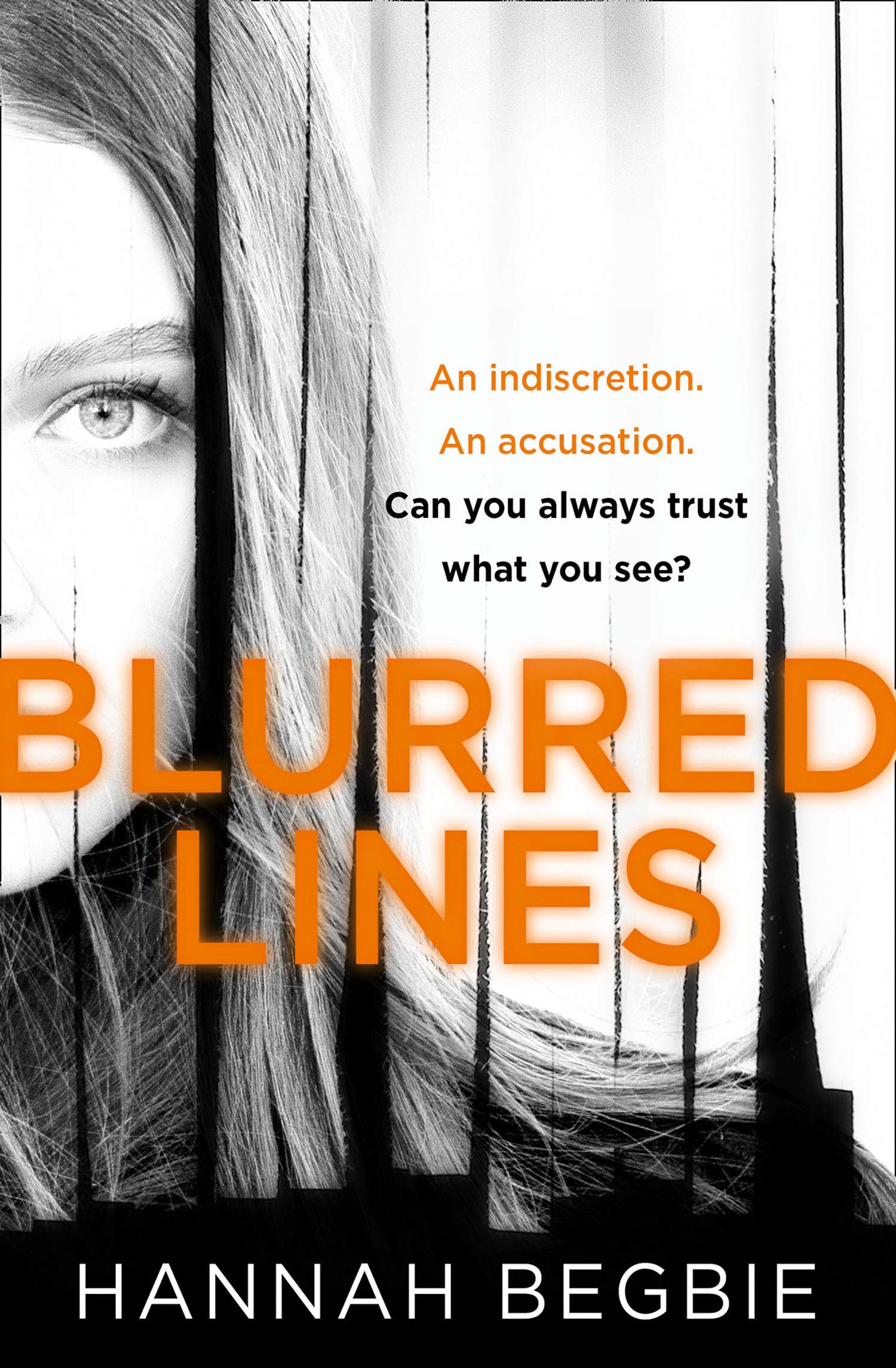reviews

Hannah Begbie’s Blurred Lines is one of those books that really does spark debate. The premise is very much of the time, building on the he said–she said debate, the issue of consent and the very difficult but important subject of sexual violence.
In Begbie’s book, the main protagonist Becky has the ultimate moral dilemma. She saw something, but what did she really see and should she come forward or should she stay in the shadows? The incident Becky walks in on is Matthew, a man who’s done a lot for her career, apparently having sex on the floor with someone who’s not his wife. The woman glimpses her and Becky flees. Her first conundrum is should she confront Matthew? But when accusations of rape begin to emerge by the woman, Becky’s huge dilemma is what to do. Was what she saw really rape? And should she come forward?
In the twenty-first century, the fact that reports of sexual violence of any description are still treated so poorly, the survivors’ veracity so often put to question, makes this an important read. And what makes this particularly interesting is that through Becky, Begbie makes us ask what we would do under such circumstances.
Blurred Lines is highly readable and its subject is, without doubt, important, topical, relevant. Four very good reasons to recommend it.
Hannah Begbie | Blurred Lines | HarperFiction | 20 August | paperback original | £7.99
please support independent bookshops and libraries
Acknowledgements: This review is published as part of the book tour organised by Random Things Tours. Many thanks to Anne Cater for the invitation. Thanks to the publisher for supplying a digital proof. All opinions are our own. All rights reserved. Please check out the other reviews on this tour.
See also: ‘CWA’s Vintage Crime’; ‘Amanda Craig’s homage to Highsmith‘; ‘Chris Whitaker’s small-town America’; ‘Nora Roberts’ Sanctuary: an Old Familiar’; Carver’s Nothing Important Happened Today’; By Grand Central Station I Sat Down and Wept’; ‘Yvonne Battle-Fenton’s Remembered‘; ‘The Revolution Will Not Be Televised‘; ‘We should all be feminists‘; The not-so-invisible woman: 150 greats in their own words’; ‘How Penguin learned to fly – Allen Lane and the Original “Penguin Ten”‘; Dorothy L. Sayer’s Busman’s Holiday – Romek Marber for Penguin Crime (book covers we love).
Also of interest: Night Mail (1936), changing the face of British film; A Colour Box by Len Lye (1935); Hitchcock (2012); The Splendour of George Stevens’ Giant (1956). Hitchcock (2012).
This review is copyright © 2020 by The Literary Shed. All rights are reserved. All opinions expressed are our own. If you wish to reproduce this piece, please contact us for permission and provide the necessary credit. Thank you so much. We welcome your feedback.
Tags : #metoo, Blurred Lines, CWA, domestic suspense, Hannah Begbie, HarperCollins, sexual violence

